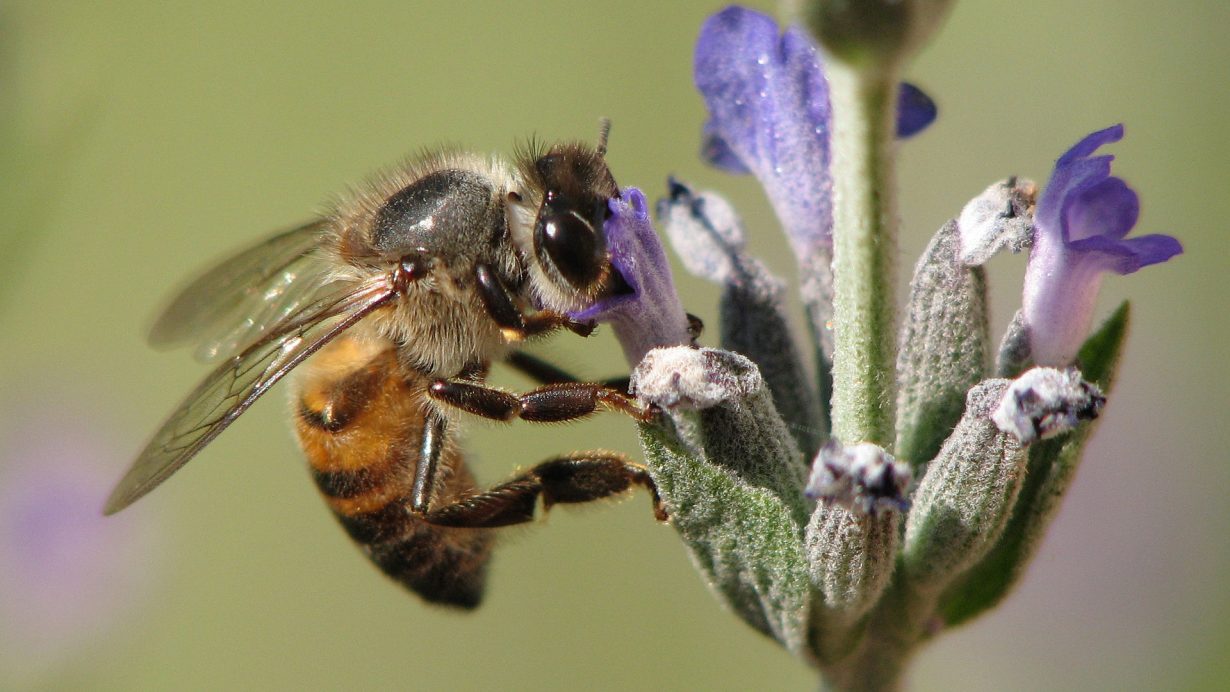The world needs bees!
There are plenty of ecological threats at the moment, but there is one which appears to be flying under the radar – a steady decline in bee populations across the globe. This is something which might seem like a minor problem, but in fact, bees are one of the single most important species on the planet.
A staggering number of plants rely on bees for pollination. Studies have shown that bees are influences on 89% of pollination networks within their natural ranges and that they are responsible for roughly 12% of all pollination activity on earth.
If bee populations were to ever collapse, it would cause widespread damage to plant species around the world – and by extension, damage to every animal species which relies on those plants.
Bees are also important for the economy. The obvious would be the impact on natural honey and beeswax. However, entire industries, such as almond production, rely on bees to exist. Entire crops such as apples, blueberries, avocados, and onions would be in jeopardy if not for bees. For such tiny insects, honeybees truly are among the most important species on the planet.
When teaching children about nature and sustainability, it’s impossible not to discuss the protection and value of bees. At Nature Watch, we recommend a number of engaging and informative projects and bee activities for kids that outline just how important bees are to our existence.
- Create new homes for your local bees who may have been displaced, with Turn This Book Into A Beehive!. It’s a fun activity which teaches about bee behavior and then can be turned into a working beehive.
- Use the Bee Garden Starter, to let students create working gardens full of plants that attract bees. An ideal pairing with the beehive book.
- When educating younger children, the book Explore Honey Bees! Not only helps them understand, but includes plenty of enrichment activities.
- You can help students better understand the life cycle and activities of bees with life cycle displays, which contain elements from throughout a bee’s life. We offer framed and acrylic block versions. The acrylic block is best for younger kids, as it’s nearly indestructible.
Finally, don’t forget to emphasize that typical bees only attack if threatened. Bees get a bad rap for being aggressive, however, bees will only sting when provoked or protecting their hive.
Nature Watch encourages children of all ages to get in touch with their natural surroundings! With bee activities for kids that foster a passion for environmental sciences, educators trust Nature Watch to provide the most inventive crafts and accessories to make learning fun. Check out our section devoted to Bees, and contact us to learn more about our classroom resources.






